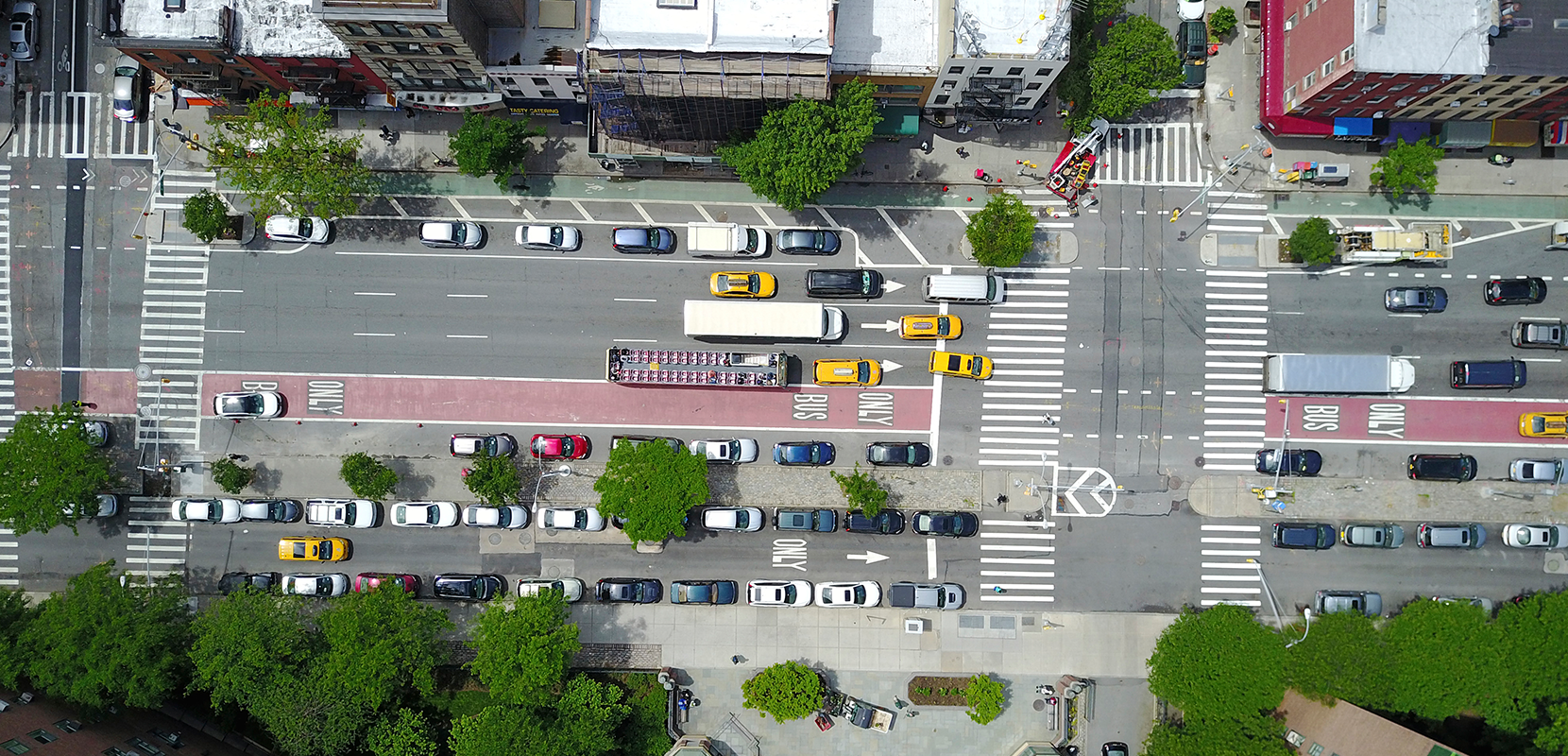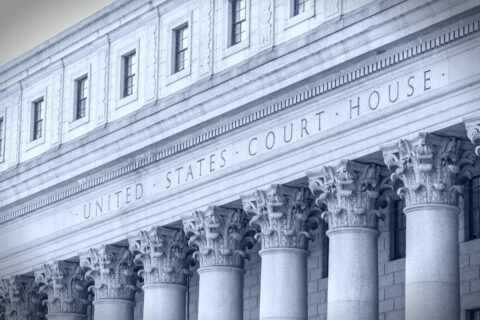Thank you for your interest in the Road Safety Webinar mini-series. This series has concluded, and you can find recordings of each webinar below.
The National League of Cities (NLC) partnered with the Federal Highway Administration (FHWA) on a Road Safety Webinar mini-series specifically for cities. Each session in the series will raise awareness on emerging, effective strategies and technologies that improve road safety. It will take bolder action from all levels of government to address the most prevalent safety problems on our nation’s roads and sidewalks where more than 36,000 residents lose their lives each year. Together, we can act to save more lives and reach the goal of zero roadway deaths and serious injuries in our communities.
Past Series Events
Complete Streets for Cities
Oct 5, 2021 02:00 PM Eastern Time (US and Canada)
Complete Streets are streets designed and operated to enable safe use and support mobility for all users. Those include people of all ages and abilities, regardless of whether they are traveling as drivers, pedestrians, bicyclists, or public transportation riders. The concept of Complete Streets encompasses many approaches to planning, designing, and operating roadways and rights of way with all users in mind to make the transportation network safer and more efficient. Complete Street policies are set at the state, regional, and local levels and are frequently supported by roadway design guidelines.
Complete Streets approaches vary based on community context. They may address a wide range of elements, such as sidewalks, bicycle lanes, bus lanes, public transportation stops, crossing opportunities, median islands, accessible pedestrian signals, curb extensions, modified vehicle travel lanes, streetscape, and landscape treatments. Join this webinar to learn about Complete Streets.
Get to Know the Mentoring MATCH and Safety Circuit Rider Programs
Sep 15, 2021 03:00 PM Eastern Time (US and Canada)
This webinar will cover two safety programs for cities to engage in — the Mentoring, Assistance, Training, and Communication Help (MATCH) and Safety Circuit Rider (SCR) Programs. MATCH connects local and tribal agencies requesting technical assistance with volunteer mentors who have expertise in addressing similar challenges. Mentors sharing their expertise with local and tribal agencies enables continued deployment of effective roadway safety technologies and countermeasures across the United States, saving lives and reducing serious injuries on our nation’s local and tribal roads. The SCR Program’s main goal is to reduce the frequency and severity of roadway crashes by providing safety-related support to agencies responsible for local road safety. Access to a SCR is an opportunity for localities to enhance available resources of local agencies as well as provide additional staff. Join NLC as we learn more about accessing these two programs!
Get to Know the Safe System Approach
Jun 29, 2021 02:00 PM Eastern Time (US and Canada)
Imagine a world where nobody has to die from vehicle crashes. The Safe System approach aims to eliminate fatal & serious injuries for all road users. It does so through a holistic view of the road system that first anticipates human mistakes and second keeps impact energy on the human body at tolerable levels. Safety is an ethical imperative of the designers and owners of the transportation system. Join this webinar to hear what you need to know to bring the Safe System approach to your community.
Making a Local Road Safety Plan with “Vision Zero” Goals
Jul 22, 2021 02:00 PM Eastern Time (US and Canada)
Safety is the top priority of the US DOT. For FHWA, this means a road system that is designed to protect its users, through implementing life-saving programs and infrastructure safety solutions. FHWA’s goal is to reduce transportation related fatalities and serious injuries across the transportation system, and for this reason it fully supports the vision of zero deaths and serious injuries on the Nation’s roads. A local road safety plan (LRSP) provides a framework for identifying, analyzing, and prioritizing roadway safety improvements on local roads. The LRSP development process and content are tailored to local issues and needs. The process results in a prioritized list of issues, risks, actions, and improvements that can be used to reduce fatalities and serious injuries on the local road network. Join this webinar to know what it takes to embrace Vision Zero and develop a Local Road Safety Plan for your community.
Using Proven Safety Countermeasures
Aug 18, 2021 02:00 PM Eastern Time (US and Canada)
In 2008, FHWA began promoting widespread use of certain infrastructure-oriented safety treatments and strategies that can offer significant, measurable impacts as part of any agency’s data-driven, systemic approach to improving safety. FHWA updated the PSCi in 2012, 2017, and 2021, reaching a current total of 28 PSCs. These strategies are designed to enhance safety on all kinds of roads—from rural to urban, from high-volume freeways to less traveled two-lane State and county roads, from signalized crossings to horizontal curves, and everything in between. Widespread implementation of the Proven Safety Countermeasures can serve to accelerate the achievement of local, State, and National safety goals. Join this webinar to learn about the newest additions to the Proven Safety Countermeasures initiative that will help save lives in your community.








